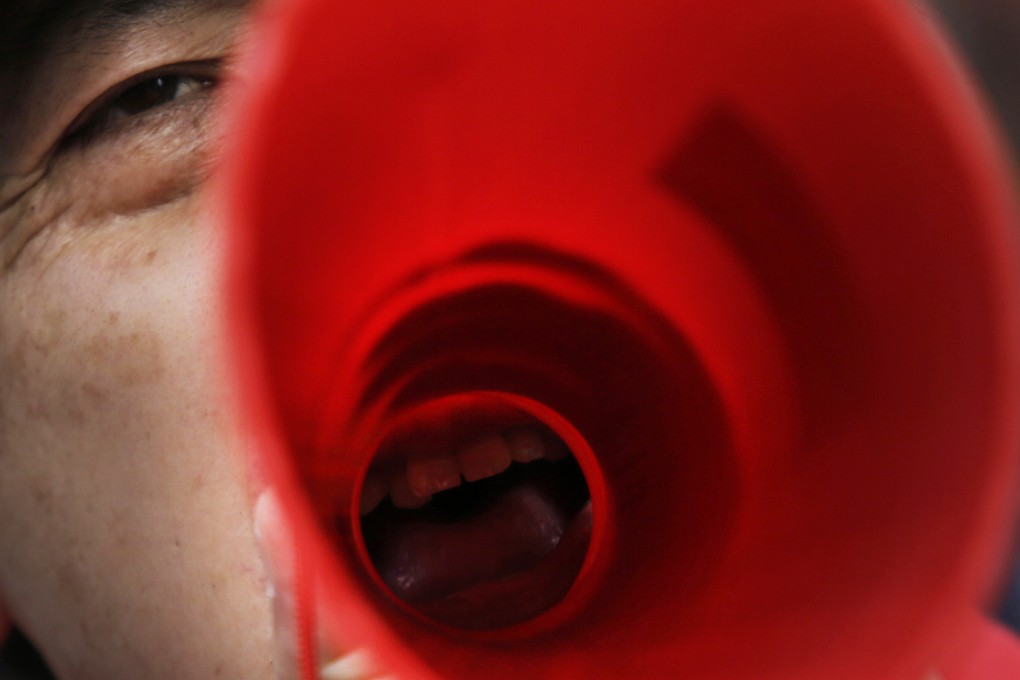Peace in Asia must be built on strong institutions
Yoon Young-kwan calls on Asia-Pacific leaders to display statesmanship and work on a compromise

A vast revolution in military affairs is taking place across East Asia. The latest signs are Chinese President Xi Jinping's purge of General Xu Caihou, an ex-Politburo member and former vice-chairman of the Central Military Commission, on charges of corruption, and Japan's "reinterpretation" of Article 9 of its constitution to permit the country to provide military aid to its allies.
Despite the rising regional tensions that inspired these moves, China's relations with its neighbours and the US are not fated to lead to direct confrontation. But the relentless march of new initiatives to meet the perceived "China threat" will require the region's political leaders, including the Chinese, to address their disputes in new and more creative ways, if that outcome is to be avoided.
In general, there are three ways to foster international peace: deepening economic interdependence, promoting democracy, and building international institutions. Unfortunately, because East Asia's leaders have failed to pursue the latter objective, they now find themselves playing dangerous balance-of-power games reminiscent of Europe a century ago.
Deepening economic interdependence in the wake of Asia's 1997 financial crisis has not generated political momentum for peace and cooperation. The region's business leaders have been unable to prevent deteriorating foreign relations from harming their interests. By contrast, military lobbying now deeply influences foreign and defence policies.
What explains this failure? International relations theorists hold that democracies rarely (if ever) fight one another; as a result, political leaders have tried to promote democracy as a means to spread peace. Until recently, the US seemed to assume China's engagement with Western democracies would bolster peaceful ties.
But, since the 2008 financial crisis, China's confidence in its authoritarian development model has grown stronger. Its leaders now increasingly appear to believe that a new "Beijing Consensus" of mercantilism and state intervention has replaced the old "Washington Consensus" of free trade and deregulation.
China's ideological incompatibility with the US is thus making the shift in their relative power difficult to achieve peacefully. China's leaders tend to suspect that the US is deliberately trying to undermine their country's political stability by questioning its record on human rights and political freedoms. Meanwhile, Xi's domestic policies seem to be taking the country ever further from Western norms.
